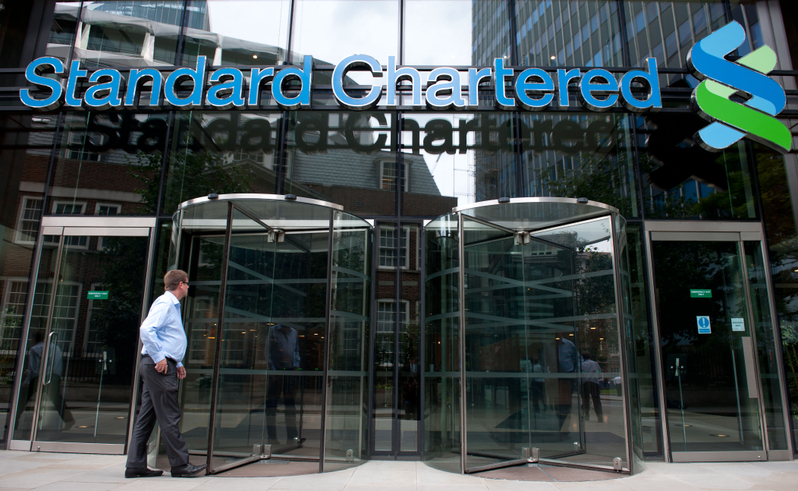By Reem Abdellatif
CAIRO: After much debate over the $3.2 billion International Monetary Fund (IMF) loan and a year-long stalemate, Egypt’s finance minister finally convinced parliament to accept the loan, official media said.
Mumtaz Al-Saeed, Egypt’s minister of finance, has relayed the severity of the country’s economic situation to members of the People’s Assembly convincing the parliament to accept the loan, the state-run daily Al-Ahram reported on Wednesday.
The government is expected to sign a letter of consent applying for the IMF loan. The Fund would then send this letter to parliament in order to get their final approval regarding the $3.2 billion loan package.
IMF representatives are currently in Egypt discussing stipulations of the loan, according to Magda Kandil, head of the Egyptian Center for Economic Studies, who met with them on Wednesday morning.
“If this news is true, then this is a breakthrough because the political front has not been able to come to a decision due to the crisis between the parliament and the government,” said Kandil.
“I’ve met with the IMF mission this morning, however, they do not have any news on this political development yet,” she told DNE in the morning.
In a series of talks with economic experts and leaders in the country, the IMF has been negotiating the conditions of the loan over the past months.
Dominated by the Freedom and Justice Party (FJP), which is affiliated with the Muslim Brotherhood (MB), the People’s Assembly has been discontent in recent months with the performance and “transparency” of Egypt’s transitional Cabinet. The PA has been preparing for a no-confidence vote.
“Part of the issue with the IMF loan is that the Muslim Brotherhood does not agree with the policies of the current government,” said Angus Blair, chairman of Signet Macro-Research Institute.
In addition to political difference, the Brotherhood has made it clear that that it doesn’t “like the policies of the Central Bank,” he added.
Since the current Cabinet was meant to be a transitional government, the MB believes that it should not be involved in making such long-term decisions such as accepting sizable loans. In fact, to counter the deterioration of the Egyptian economy, the MB would rather raise funds domestically.
“The parliament doesn’t want to go through with the agreement at this point, because of what they see as lack of transparency from the current government,” said Kandil.
According to the Central Bank of Egypt (CBE), the country’s foreign reserves lost about $660 million as of the end the March, reaching $15.1 billion, just three months worth of imports.
Prime Minister Kamal El-Ganzoury announced earlier this week that the economic crisis devoured about 80 percent of Egypt’s foreign reserves.
Undeniably, the country has been losing an average of $2 billion from its foreign reserves every month since the 18-day uprising ended in February 2011. It was not until exactly a year later that the erosion of foreign reserves slowed to roughly $600 million a month.
Since June 2011, the country has run through about $9 billion of its foreign reserves, according to Reuters.
“This is a reflection of where we stand,” said Kandil, “From an economic point of view, it’s very clear. With foreign reserves declining at this rate … you can’t continue defending your exchange rate because if so, you will continue losing,” she said, referring to Egypt’s depreciating pound.
Over the past months, CBE has been aggressively trying to keep the Egyptian pound stable to the dollar.
Since the uprising toppled Hosni Mubarak over a year ago, the pound has dropped slightly under 4 percent, according to Reuters.
Currently, the Egyptian Pound is 6.02 to the dollar, according to the CBE’s latest official figures.
The People’s Assembly has argued that accepting the loan would further indebt Egypt. The parliament is somewhat rejecting the funds, while the Cabinet continues to stress that the cash injection offered by the loan is the country’s only way out of the economic crunch at this point.
However, economic policies remain ambiguous as the Cabinet and parliament continue tussling on which government body should have the final say in making such a critical decision.
At the same time, the MB is embroiled in another power struggle with the military rulers. It wants the Supreme Council of the Armed Forces to dissolve the cabinet and appoint an FJP-led government, threatening meanwhile with a no-confidence vote.
The current ministers and the SCAF argue that the army-drafted constitutional decree limits the authority of appointing and sacking the cabinet to the SCAF. MB also complained that it’s been threatened with dissolving the parliament.
This has had an impact on the economy, where obscurity and instability continue.
Kandil explained that the political landscape in Egypt has not changed as the politics continue to remain unclear, especially if the parliament and Cabinet are not able to agree.
“When you don’t have security in a country, you will continue to see that foreign direct investments very minimal,” said Blair.



